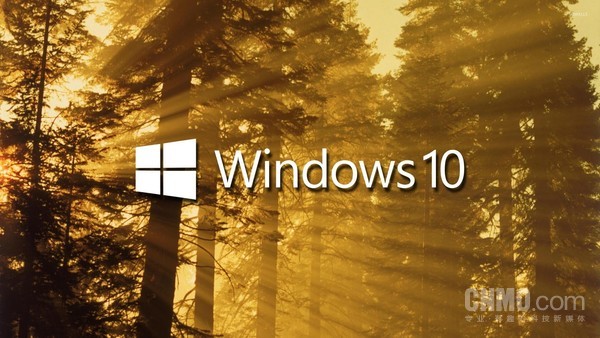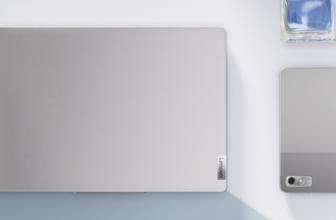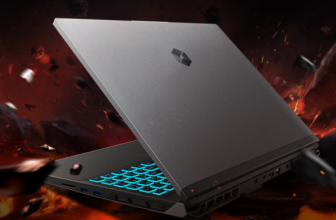
A new report from Canalys reveals that the end of Windows 10 end-of-service support will likely result in 240 million PCs turning into e-waste. This shift could have major consequences for the tech industry and the environment.

Windows 10
What the End of Windows 10 Service Means
Canalys highlights that as Microsoft phases out Windows 10, many PCs will no longer work with newer operating systems like Windows 11. As a result, users might dispose of these devices, which will lead to increased e-waste. The report shows that 57% of industry partners expect the Windows 10 end-of-service to impact customers’ update plans in 2024. Additionally, one-third of PCs are likely to be upgraded over the next two years, leaving many obsolete devices.
E-Waste and the Difficulty of Refurbishing PCs
Canalys predicts that a large number of the 240 million affected PCs will end up as e-waste. Microsoft will officially end support for Windows 10 on October 14, 2025. By then, about 20% of devices will be incompatible with Windows 11, preventing users from upgrading. These PCs won’t meet the new hardware requirements for the latest operating system, which limits their chances for refurbishment.
Although some of these devices could still be recycled if they are in good condition, their resale value will drop significantly. Canalys states that only 39% of industry partners can refurbish and resell second-hand equipment. As a result, the potential for reusing these PCs remains limited.

The Growing E-Waste Crisis
The Canalys report illustrates the enormity of the issue. If all 240 million affected PCs were foldable laptops stacked vertically, they would reach over 600 kilometers above the moon. This example highlights the severe scale of the e-waste crisis the tech industry faces as more devices become obsolete due to Windows 10’s end of service.
A Call for Cross-Industry Cooperation
Canalys emphasizes the need for manufacturers to take responsibility for extending the lifespan of their products. The report suggests that collaboration across industries may offer the best solution to the e-waste problem.
As the end of Windows 10 service nears, the fate of millions of PCs remains uncertain. The tech industry and consumers must consider the long-term consequences of upgrading and recycling devices.
For more information on how the technology industry is dealing with e-waste, check out TinyDeals.






